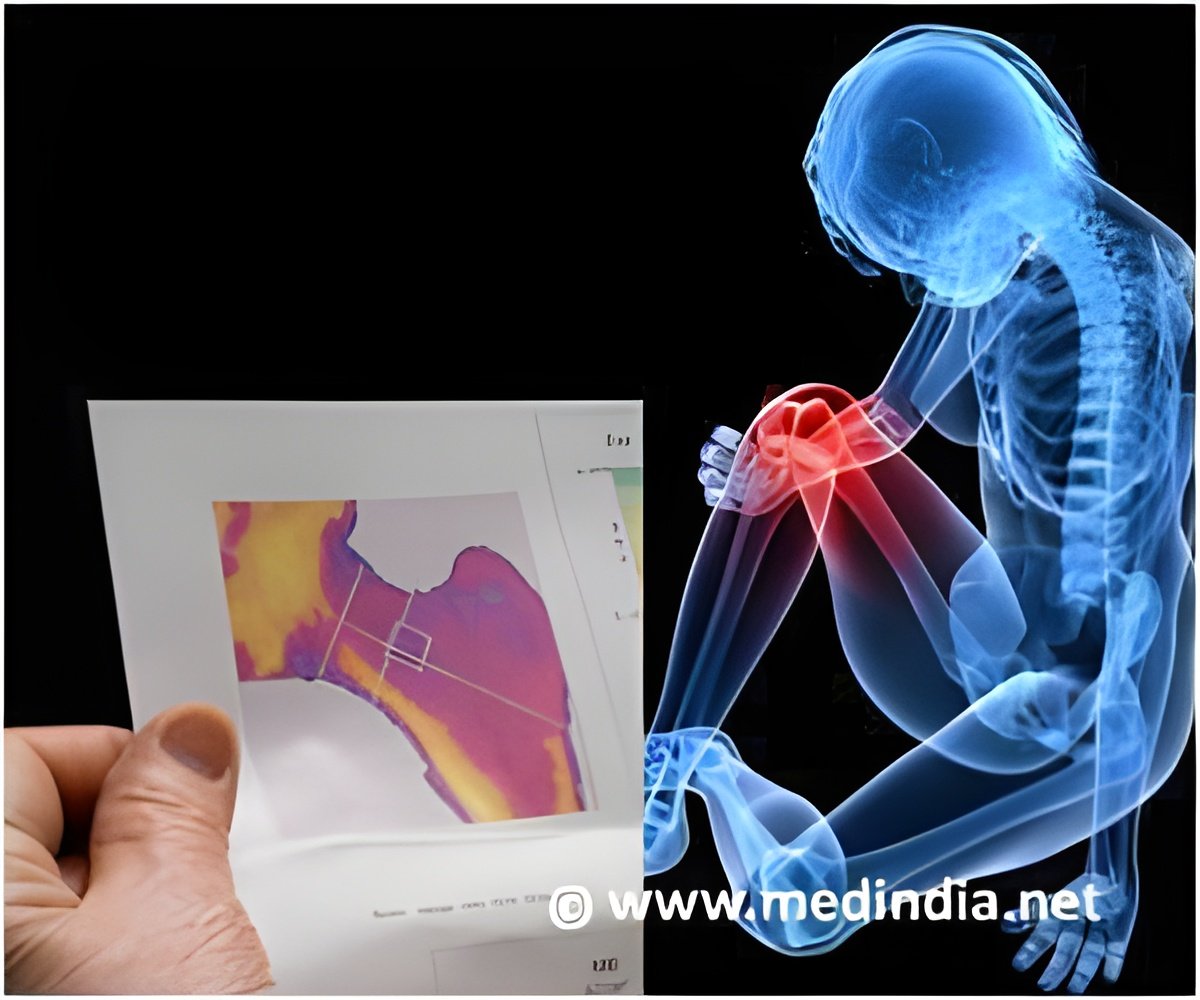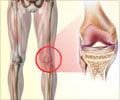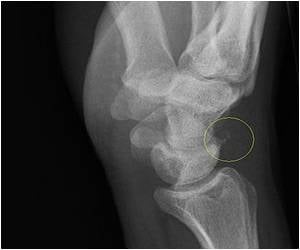A simple bone test could speed diagnosis, say US scientists.

"Right now there aren't very good ways to detect bone loss before there has already been a fair amount of bone loss," said senior author Ariel Anbar, a professor at Arizona State University's Department of Chemistry and Biochemistry.
"This is something new that we are developing. This is not a technique they (NASA) have worked with before so they have invested in our research to see if there is a better or complementary way to address their issues," he told AFP.
The method measures calcium isotopes, which are essentially atoms of an element that differ in mass. These isotopes are present in a person's urine and serve as an indicator of bone strength based on the balance of minerals.
The study measured bone loss in a dozen healthy volunteers who participated by agreeing to sustained periods of bed rest over the course of 30 days.
Bed rest is a condition which mirrors weightlessness in space and can lead to bone loss.
Advertisement
"Bone is continuously being formed and destroyed," said co-author Jospeph Skulan, an adjunct professor at ASU who devised the mathematical model for predicting calcium isotope ratios in blood and urine.
Advertisement
Patients did not need to submit to X-rays, which can be risky, nor did they digest any artificial tracers so they were not exposed to radiation.
But while this "proof of concept" study was simple for the patient, the mass spectrometry methods used for the analysis were more complicated, and it would likely take years of research before the test may reach the public, Anbar said.
"The paper suggests an exciting new approach to the problem," said Rafael Fonseca, chair of the Department of Medicine at the Mayo Clinic in Arizona.
Fonseca is a specialist in multiple myeloma, a type of cancer which can destroy the bones, and was not involved in the PNAS study but is working with the authors on collaborative research based on its findings.
"Right now, pain is usually the first indication that cancer is affecting bones. If we could detect it earlier by an analysis of urine or blood in high-risk patients, it could significantly improve their care," Fonseca said.
Source-AFP











